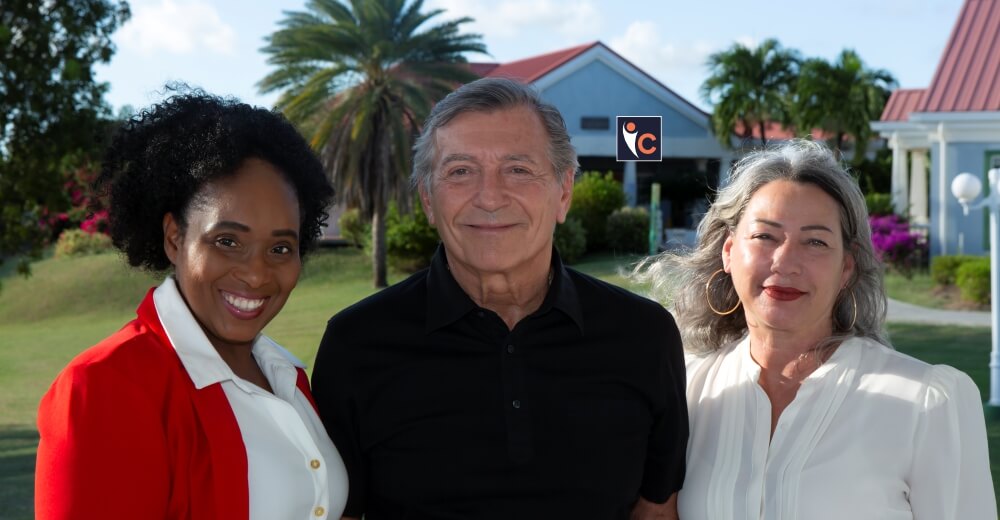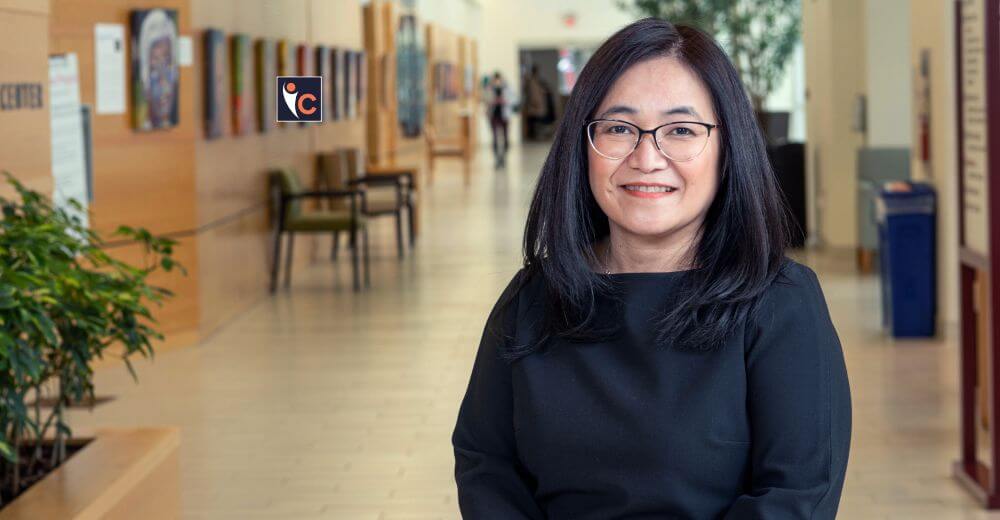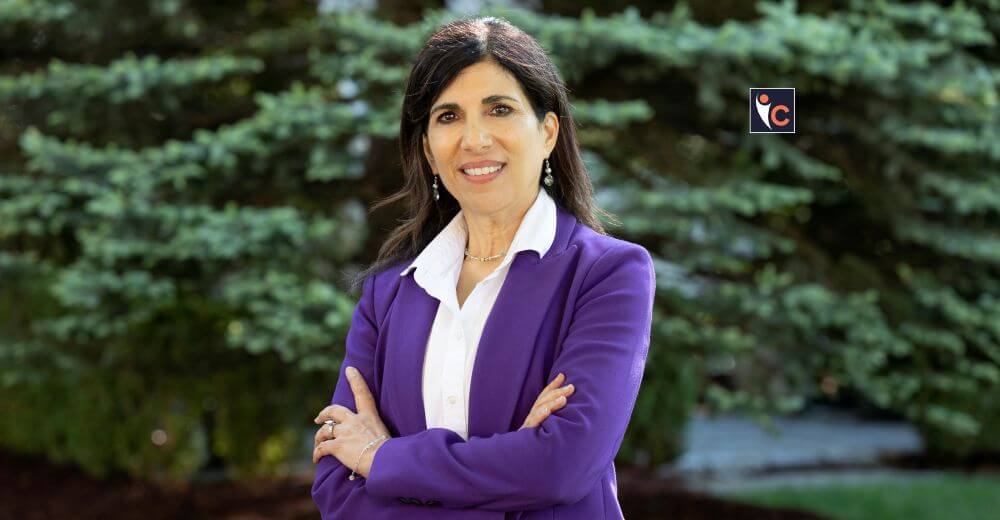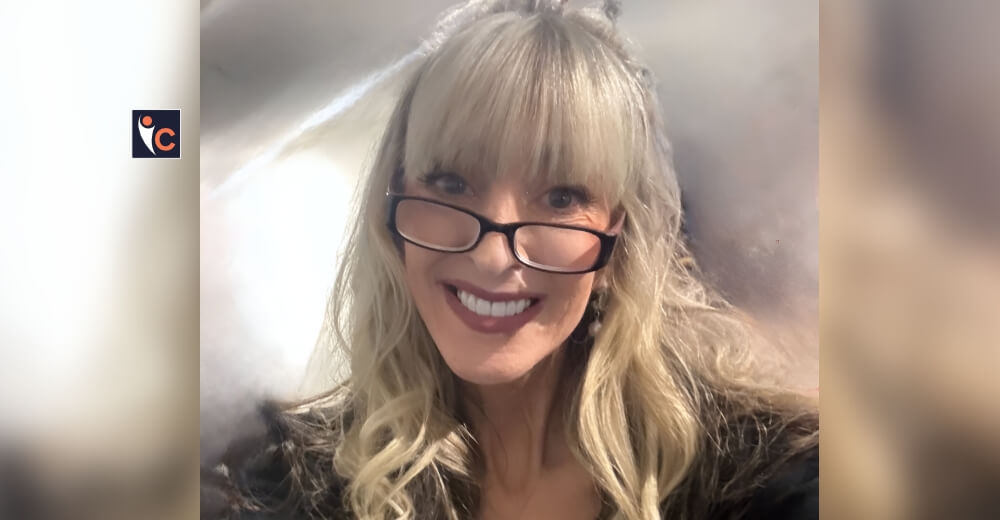Comparing our lives today to a decade ago, a lot of things have changed. Along with economic development, the food we eat has shifted from traditional to processed. And so are our patterns of decreased physical activity. These changes have made us all prone to be diagnosed with cancer, cardiovascular diseases, diabetes, or chronic obstructive diseases, all of which are non-communicable diseases.
Attention to intervene and prevent “tomorrow’s pandemic,” is the need of the hour. Dr. Ambreen Saboor, General Practitioner and Public Health Officer—currently working in the United Arab Emirates at Sun Medical Clinic—is a woman leader, dedicated to screening and awareness of preventive diseases, specifically in developing countries where almost half of the population has been a victim of death from these diseases. She wants to make the lives of poor people a little better. For this, she conducts several awareness programs that aim to deliver the right knowledge about early detection and screening of diseases such as Breast Cancer or Aids, as well as help them take appropriate care measures such as a proper vaccine, or maternity care.
In an interview with Insights Care, Dr. Saboor talks about her future goals and her vision to establish an easily accessible and understandable program for early screening and awareness, especially for less educated and developing countries.
Following are the excerpts from the interview:
Please brief us about yourself and tell us your source of inspiration for venturing into the healthcare niche.
My name is Dr. Ambreen Bano Saboor and I believe that a father is often a child’s first ideal. Since my childhood, I have seen my father serving the ailing humanity with utmost dedication. He was a doctor, working at one of the biggest hospitals in South Asia. He would regularly volunteer to assist patients in low-income areas of Pakistan.
I often used to visit his wards where I witnessed some of the most heart-wrenching incidents over the course of time. I realized that the importance of a doctor for the distraught families of seriously ill patients was no less than a messiah. This gradually inculcated in me a fervor to pursue the same profession as my father and I love it.
Please brief our audience about your organization.
At present, my work is in progress. I am working on my organization for screening and awareness of preventive diseases in developing countries. Secondly, I am managing welfare to carry on the name and legacy of my father, Mohammad Jurial. Its sole purpose is to help poor people and make their life a little bit better.
Kindly elaborate upon your journey as the guiding light of your organization, and how you have positioned it as a reliable name in the healthcare sector.
I am trying to help as much as we can. More importantly, delivering knowledge about early screening for infectious diseases. E.g., Hepatitis, or AIDS.
As you focus on services and excellence, can you elaborate upon the various services provided under your leadership?
I have delivered lectures, provided services, and helped people to cure illnesses timely. For instance, I’ve tried to help people in my city to create an awareness campaign, especially for less educated women. Second, creating awareness about proper vaccination and maternity care. I have been working on Alzheimer’s disease Risk Assessment and management so that we are at least early in the diagnosis and could help people, caretakers, and family members to feel better. I have presented it as my research at the University of Ottawa Canada Conference.
As the representation of women in the healthcare niche has increased, is the sector focusing on the needs of women more than ever before?
Of course, it’s a positive change and hopefully, we would like to continue our efforts and work toward gaining more knowledge and trying to deliver that information to the underprivileged. E.g., By teaching them early detection of breast cancer through following proper self-examination at home and following up screening with a mammogram which is one of the examples of taking a step forward.
Having a broad experience in the healthcare field, what is your opinion on the integration of technological advancements in the healthcare sector, especially when it comes to catering to the dynamic needs of the healthcare sector?
I feel technology plays an important role in the healthcare sector. Since I’ve researched Alzheimer’s disease Risk Assessment and management in Canada, I believe that one way to integrate technology is by helping patients, for instance, by using wearable cameras and augmented reality glasses that have been useful for those with Alzheimer’s disease. These gadgets can snap hundreds of photos every day from their user’s perspective, log their lives this way, and help them remember.
Being an innovative leader, what advice would you like to give budding entrepreneurs and enthusiasts aspiring to venture into the healthcare niche?
I would like to advise that never underestimate the power of a solid business plan and to be successful, an entrepreneur must be resilient. Any comment that runs along the lines of “That’s not possible” or “That can’t be done” should be treated as a challenge for proving it wrong. They must then be prepared to persevere and execute their original proposal. Moreover, financial acumen, knowledge of market forces, effective communication, active listening, strategic thinking, leadership, and being agents of change will lead to success. Finally, embrace feedback and learn from your mistakes.
How to envision scaling your organization’s services and operations in 2023 and beyond?
My dream is to establish an easily accessible and understandable program for all, especially for less educated and developing countries. I am aiming to guide the importance of early screening for infectious diseases and awareness of the preventive side. E.g., I have been emphasizing the importance of vaccination and the eradication of polio in Pakistan. I’m also working to research Alzheimer’s disease risk assessment that talks about how to diagnose early, and further provide awareness to people about adopting healthy habits and lifestyles such as: Getting involved in brain-challenging activities like puzzles.
Please give us a few testimonials from your clients and awards or recognition that accurately highlight your achievements in the healthcare niche.
I would like to share that I am the only female doctor and student from my family and in the city of Pakistan who managed to pursue international education in Canada. I’ve also done research work and have presented at various workshops and conferences about various emerging issues. For instance, increasing cases of Hepatitis C infection in developing countries. I believe one should not be afraid of taking initiative and setting new trends.
Secondly, one of my biggest achievements has been when my book on Alzheimer’s disease risk assessment and management in Canada was published. I am proud of it and I’m sure that many people will benefit from it.
Next Story: https://insightscare.com/dr-sayantani-bhattacharjee-enabling-access-to-care-in-rural-communities/















